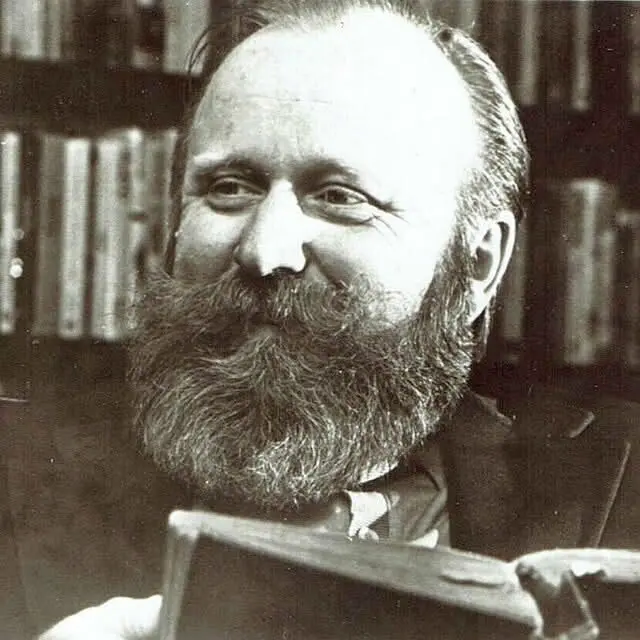There are some series that feel less like a collection of novels and more like an entire world you step into. For me, Dune is one of those. When I first picked it up, I thought I was diving into a straightforward sci-fi classic, but instead I found an epic saga about power, religion, ecology, and humanity’s future, all wrapped up in desert sand and spice. The challenge?
There are a lot of Dune books, and the reading order can feel overwhelming. Do you start with the original Frank Herbert novels? Or do you go chronologically with the prequels written by his son, Brian Herbert, and Kevin J. Anderson?After some digging (and a lot of late-night reading), here’s the order that makes the most sense.
Order to Read the Dune Books
There are two main approaches: publication order (how they were released) and chronological order (the story timeline). My recommendation is to start with Frank Herbert’s originals in publication order. That way, you experience Dune the way readers did when it first came out, without getting lost in the massive prequel universe.
Frank Herbert’s Original Series (The Core Must-Reads)
- Dune (1965)
- Dune Messiah (1969)
- Children of Dune (1976)
- God Emperor of Dune (1981)
- Heretics of Dune (1984)
- Chapterhouse: Dune (1985)
(Frank Herbert passed away before finishing the saga, which is why the story feels unfinished at the end of Chapterhouse.)
The Brian Herbert & Kevin J. Anderson Continuations
After Frank Herbert’s death, his son Brian Herbert (with Kevin J. Anderson) expanded the series using notes left behind. These include prequels, interquels, and sequels.
Sequels (Wrapping up Frank Herbert’s Saga)
- Hunters of Dune (2006)
- Sandworms of Dune (2007)
(These are based on Frank Herbert’s notes for the planned “Dune 7.”)
Prequel Series: Prelude to Dune (set before the first novel)
Legends of Dune Trilogy (The Butlerian Jihad era, thousands of years before Dune)
Heroes & Schools of Dune (filling in gaps in the timeline)
- Heroes of Dune (interquels between Frank Herbert’s originals):
- Great Schools of Dune (set after the Butlerian Jihad):
Affiliate Disclosure: As an Amazon Associate, I earn from qualifying purchases
(There are even more spin-offs, but these are the main ones.)
👉 Best advice: Start with Frank Herbert’s six books. If you’re hooked and want more, then dive into Brian Herbert & Anderson’s additions depending on whether you want prequels or a conclusion to the saga.
Why Frank Herbert’s Dune Still Stands Apart

Frank Herbert wasn’t just writing science fiction, he was weaving politics, philosophy, ecology, and religion into one sweeping narrative. The first book, Dune, is often compared to The Lord of the Rings for sci-fi because of how detailed and immersive the world is.
What makes it stand out even today is how timeless its themes feel:
- The ecological struggles of Arrakis mirror real-world environmental concerns.
- The political intrigue feels just as sharp as any modern geopolitical conflict.
- The religious elements question power, prophecy, and belief in ways that still spark debate.
Even if you never go beyond the original Dune, you’ll understand why it remains one of the most influential science fiction novels ever written.
The Legacy of Dune Beyond the Books
The Dune universe doesn’t stop on the page. Over the decades, it has inspired:
- Films & TV: From David Lynch’s ambitious (if flawed) 1984 film, to Denis Villeneuve’s spectacular new adaptations, the saga keeps pulling in new fans.
- Games: Yes, there are Dune video games, including some that were groundbreaking in the real-time strategy genre.
- Cultural Impact: Terms like “the spice must flow” have seeped into pop culture, showing just how deep this story has traveled.
For me, what’s fascinating is how each adaptation highlights something different: some lean into the political thriller aspects, others into the spiritual and ecological ones. That’s the beauty of a story this layered, it never feels outdated.
Final Verdict
If you’re new to Dune, don’t overthink it, start with Frank Herbert’s original Dune. Let yourself get lost in the desert sands, the politics of the Houses, and the mysterious pull of the spice. If you finish those six and crave more, Brian Herbert and Kevin J. Anderson’s expansions will be waiting.
But at its core, Dune is more than just a series of books, it’s a universe that feels alive, a place where every choice echoes through time. And once you’ve walked the sands of Arrakis, you may find it hard to leave.
Know Your Author
Hi, I’m Emon
I’m the voice and heart behind Whimsy Read. After nine years in the world of banking, I followed my passion for storytelling into the world of SEO and content strategy. Now, I blend that analytical eye with a deep love for literature to bring you book reviews that are thoughtful, honest, and always focused on the stories that stay with you.
When I’m not reading or writing, you’ll find me enjoying joyful chaos with my wife and three kids, getting lost in a new series, or revisiting my old loves: theater, music, and gaming. At the end of the day, I believe great books are meant to be shared, and I’m so glad you’re here to share them with me.







Leave a Reply